Seems just about every season I take a flier on a couple of LN adaptations, hoping they’ll be the exceptions to my usual distaste for them. Occasionally, they even are (but not too often). With Tokidoki Bosotto Russia-go de Dereru Tonari no Alya-san it comes down to a couple of factors. First, it has a team that certainly knows their way around this sort of material in Doga Kobo and director Itoh Ryota. It also generated overall very strong reaction with its premiere. That’s not much to go on for me, but it’s better than the alternative at least.
As fliers go, I certainly don’t regret this one. The first episode was quite enjoyable. Formulaic yes, but with just enough of a slant to offer the possibility that it won’t spring entirely from the cookie cutter. A pretty Russian-Japanese (I mean, I assume) girl named Alya Kujou sits next to a seemingly nondescript boy named Kuze Masachika in their high school first-year class. She’s on the student council and glamorous and exotic. He’s an otaku and general layabout who projects general disinterest in school and education. She heaps scorn on him in Russian (though it never seems excessively mean-spirited even before the big reveal).
The twist is, Masachika actually understands Russian. And thus, he knows that Alya-san is (mostly) not in fact mocking him, but expressing her general view that he’s cute. He doesn’t reveal this of course, and the longer he waits the more untenable the idea becomes. This premise is certainly more interesting with that twist added to the shaker. Why does the lad understand Russian? As a child he was friends with a little Russian girl and learned it to impress her.
Now, why is it that it never occurs to Masachika that the fair-haired, blue-eyed girl speaking Russian now could be the same girl? Or indeed her older sister Masha, one year ahead of them? I can’t answer that – it doesn’t really make sense to me, especially as blonde-haired, blue-eyed Russian-speaking girls aren’t exactly growing on trees here. But he doesn’t, and I suppose if Alya were that girl you’d have to ask why she doesn’t remember him (and would thus know that he understands her sweet nothings).
Alya is kind of a classic tsundere, obviously (I mean, the title). And the stuff with the comic violence is bog-standard LN romcom cliche. But the vibe between the two of them sort of works for me, so far. I especially liked the moment when he referred to them as friends, and seemed surprised she didn’t just assume that herself. Masachika also has an osananajimi named Suou-san who’s on the student council with Alya (Masha is, too), and there seems to be a little spark of something there. She keeps trying to convince him to join the student council himself, as he was her V.P. on the middle school one, but he expresses no willingness to accede.
I’ve learned to be highly cautious about strong starts with LNs, as it’s a lot easier for them to pique my interest than to maintain it. Bluntly, most of them just don’t have legs (though Alya-san – the character – certainly does). But hey, we’ll cross that bridge when we come to it. There’s enough chemistry between the leads for this to work, and a few interesting questions – like why Masachika is trying so hard to hide the fact that he’s a high achiever by nature. I’m engaged enough to come back for at least one more episode (and I give extra credit for using “Gakuen Tengoku”, one of the best J-pop songs ever, as the ED – even if Takahashi Rie did do it better), and we’ll see where things go from there.


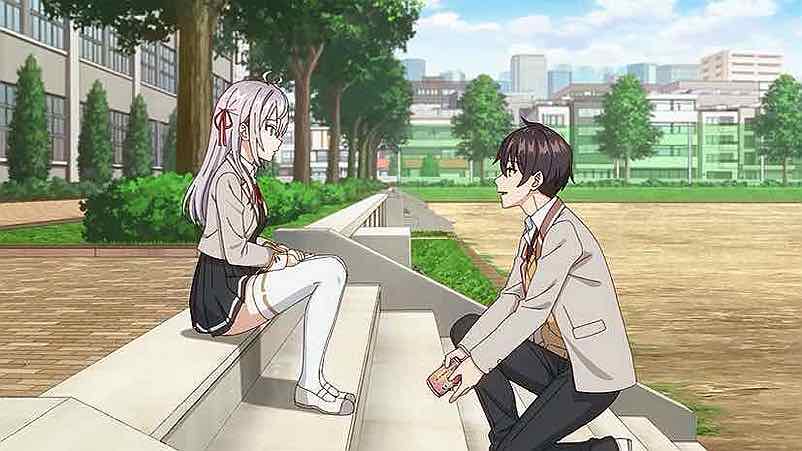
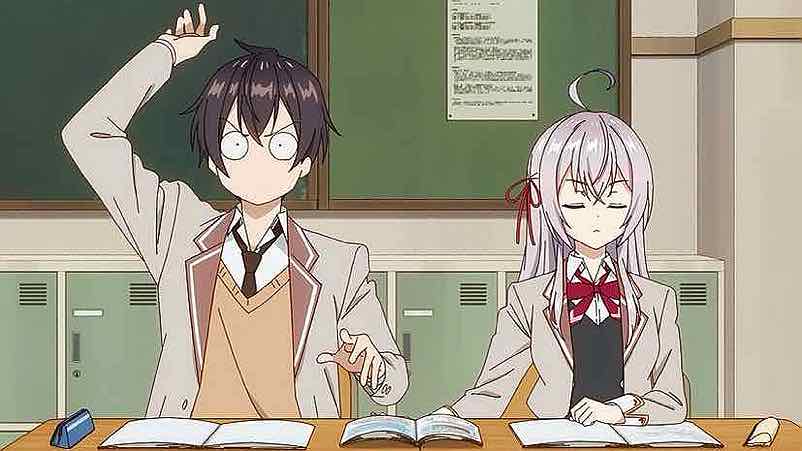
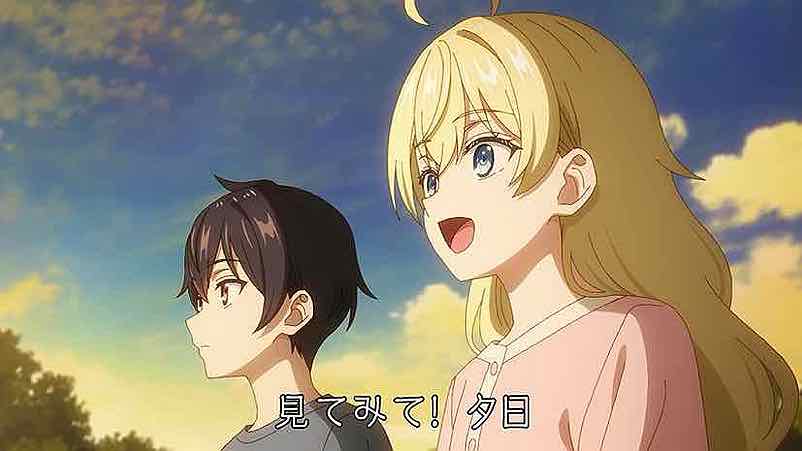
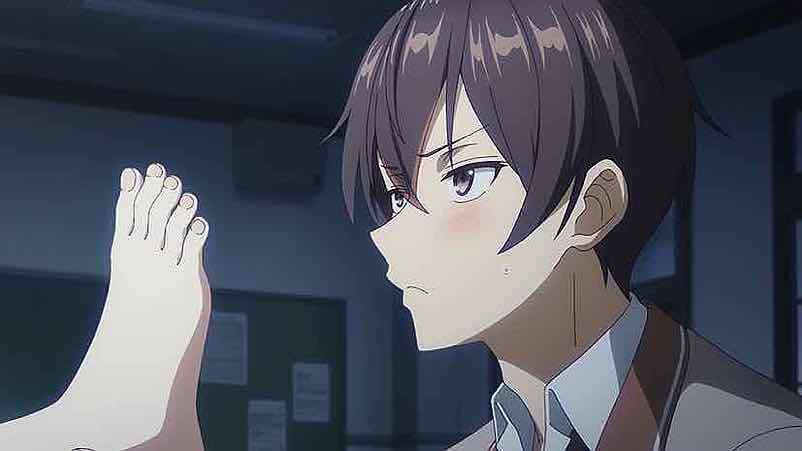
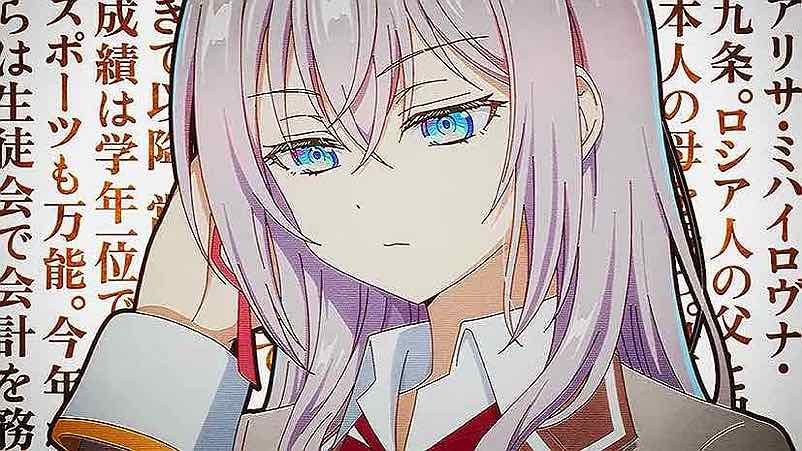
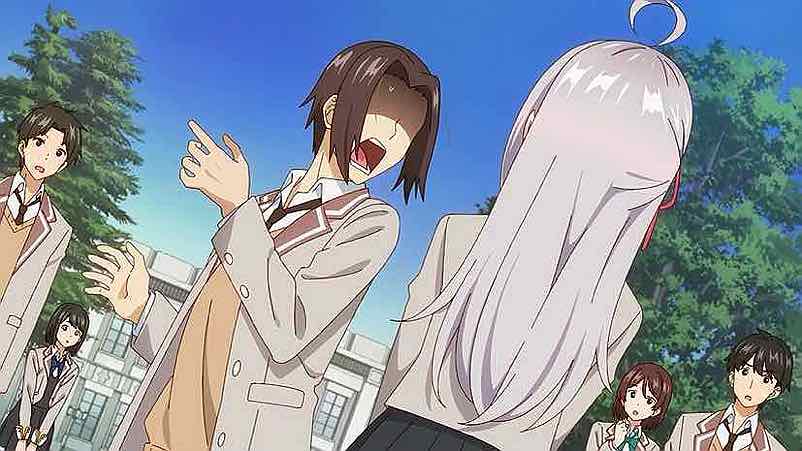
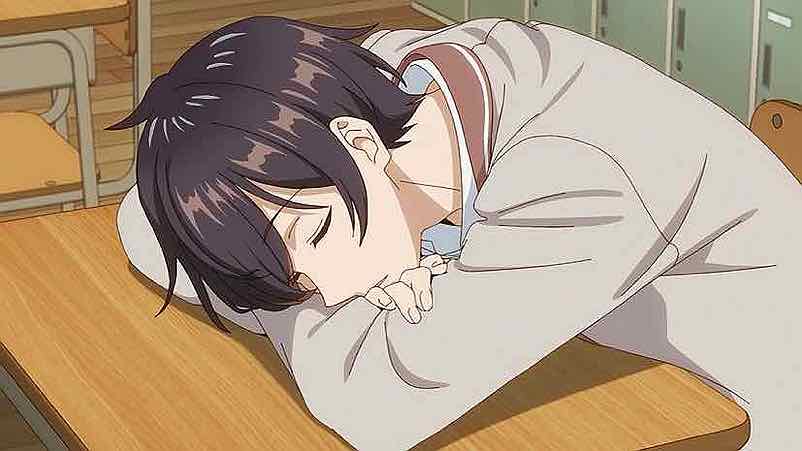
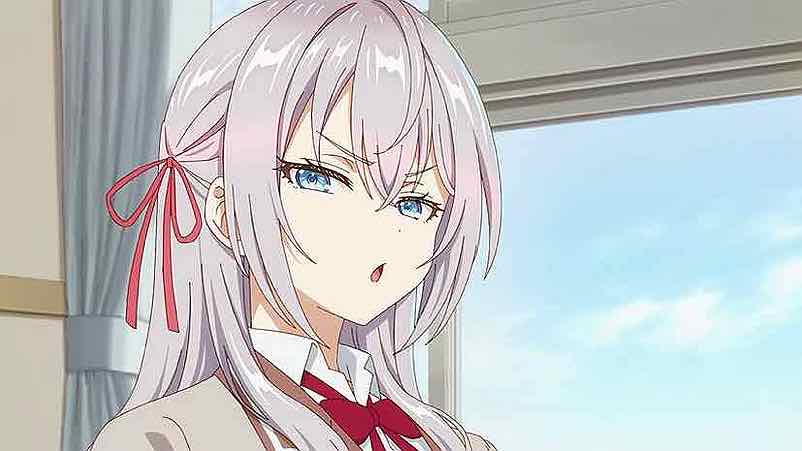
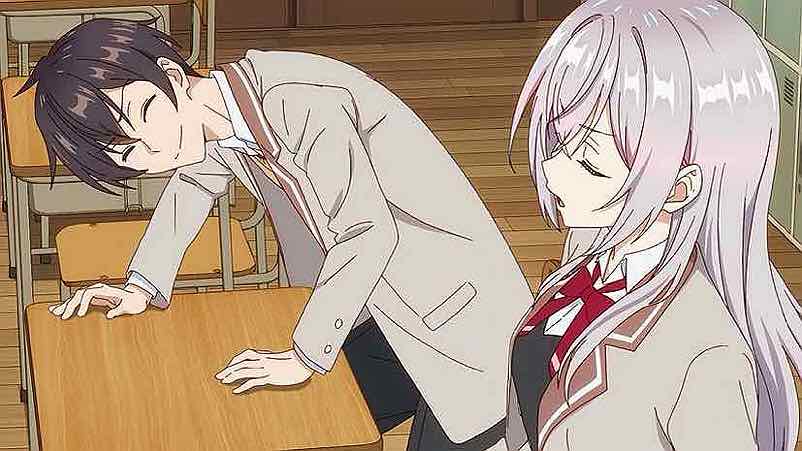
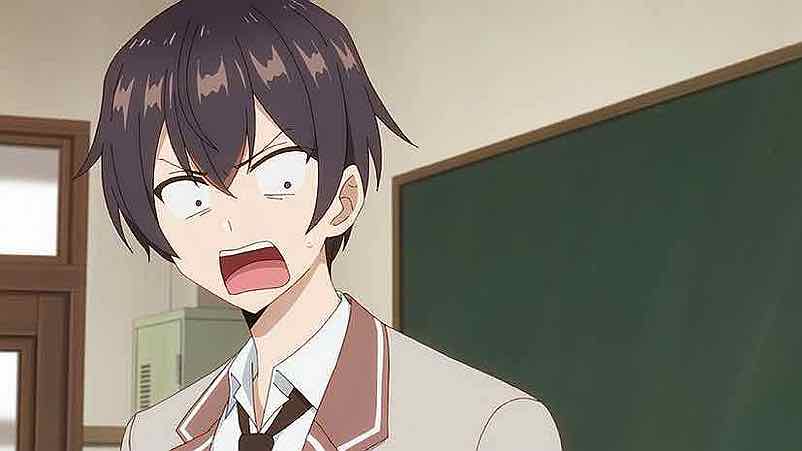
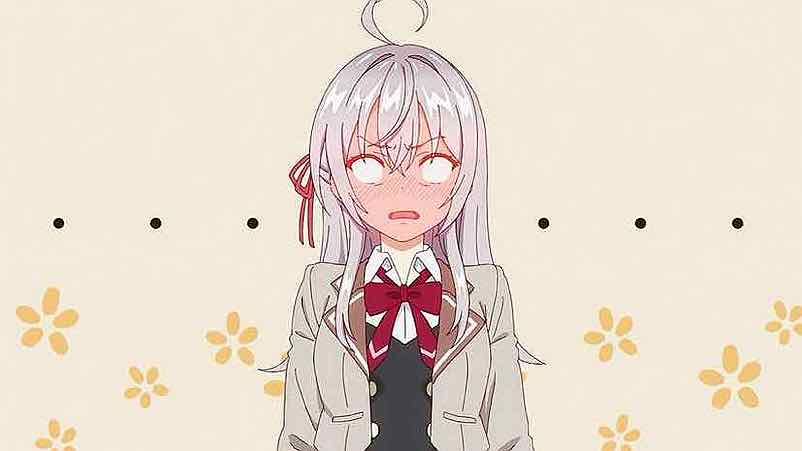
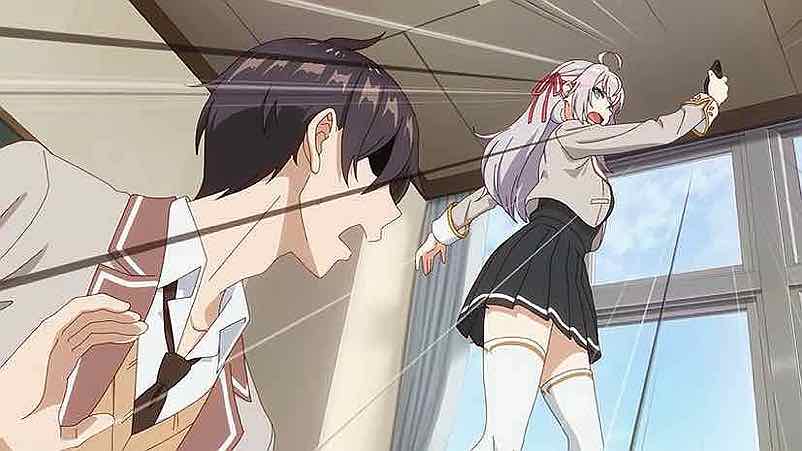
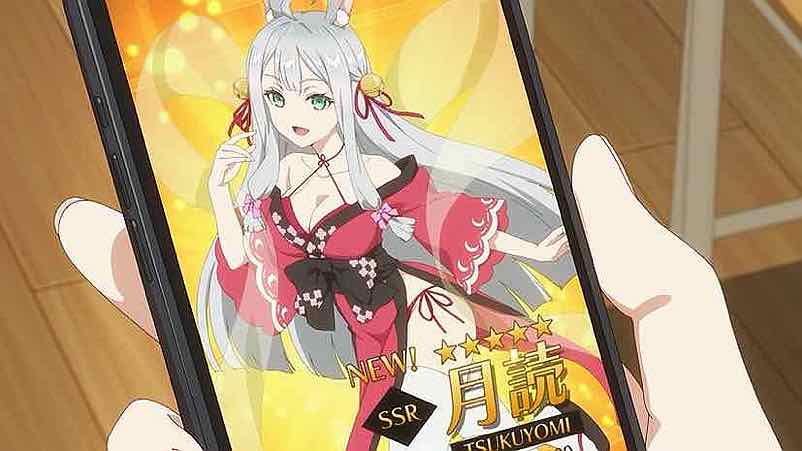
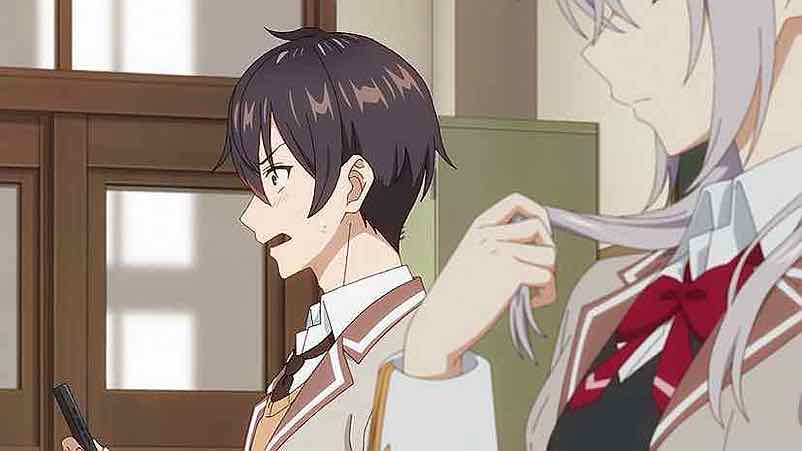
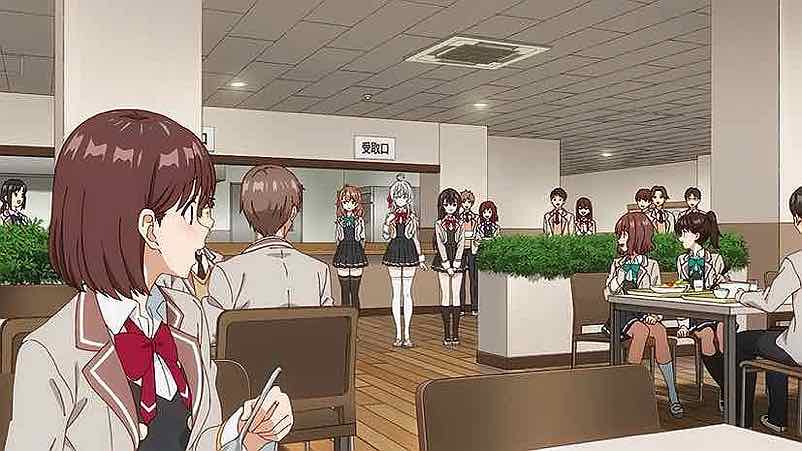
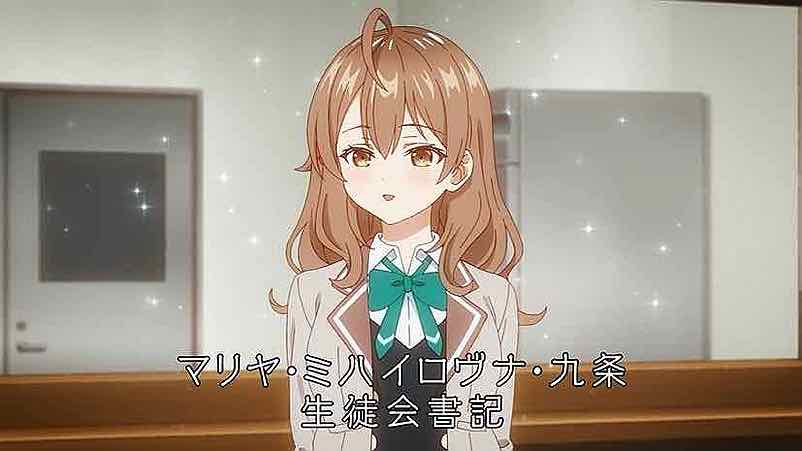
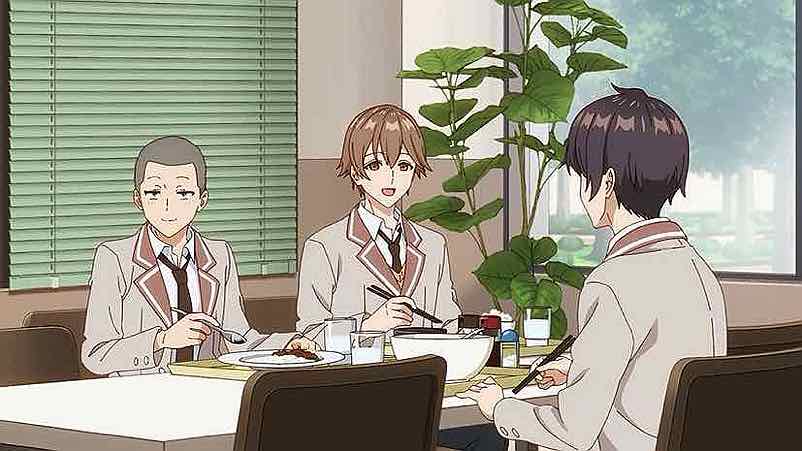
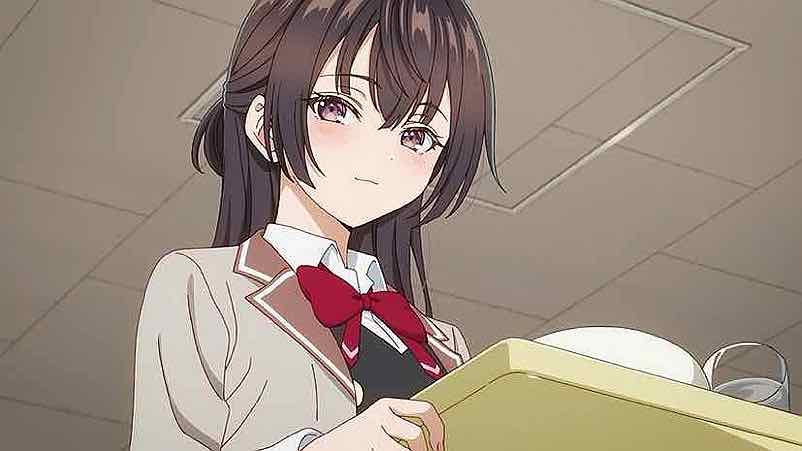
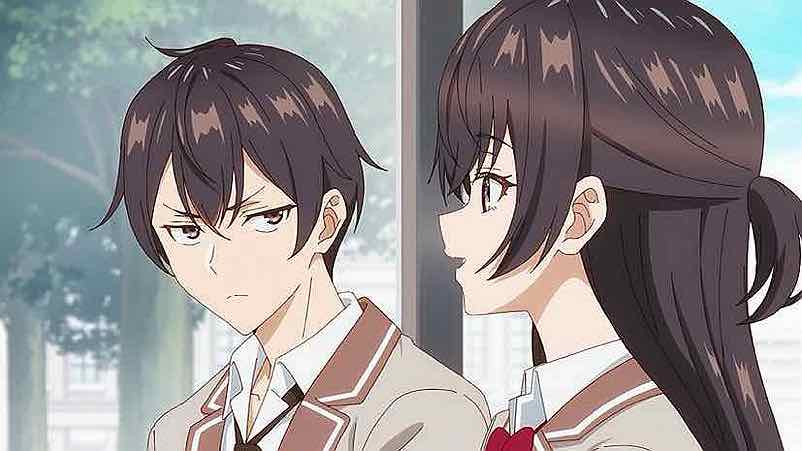
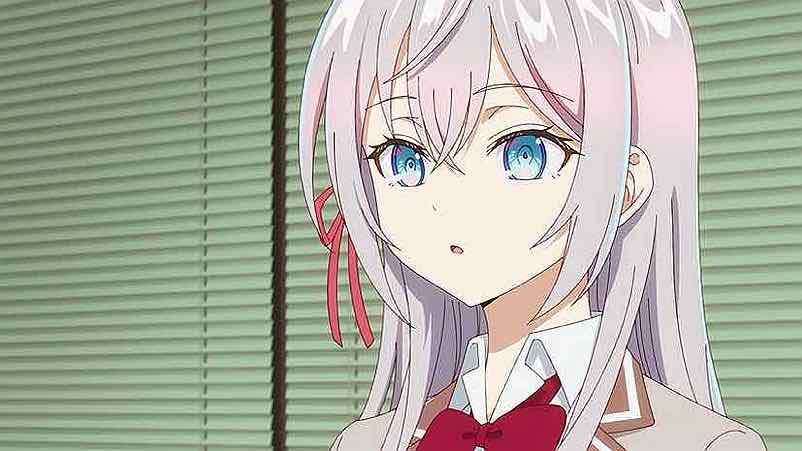
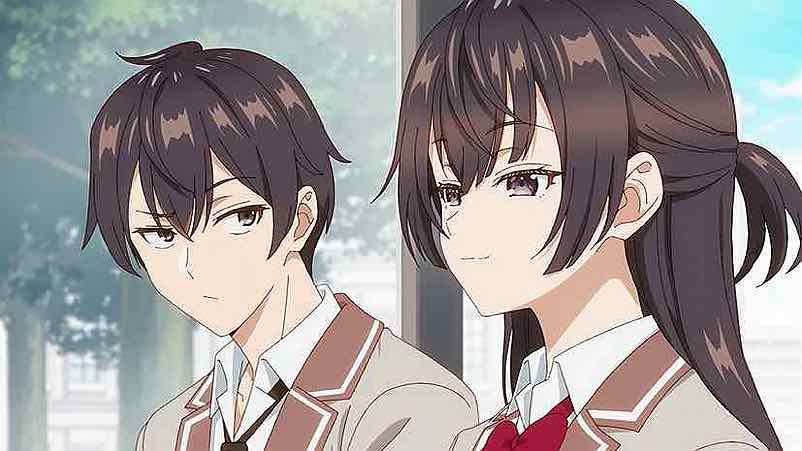
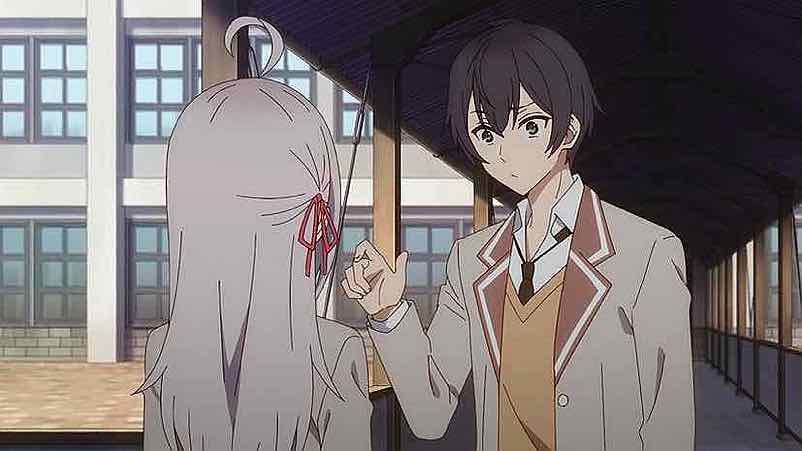
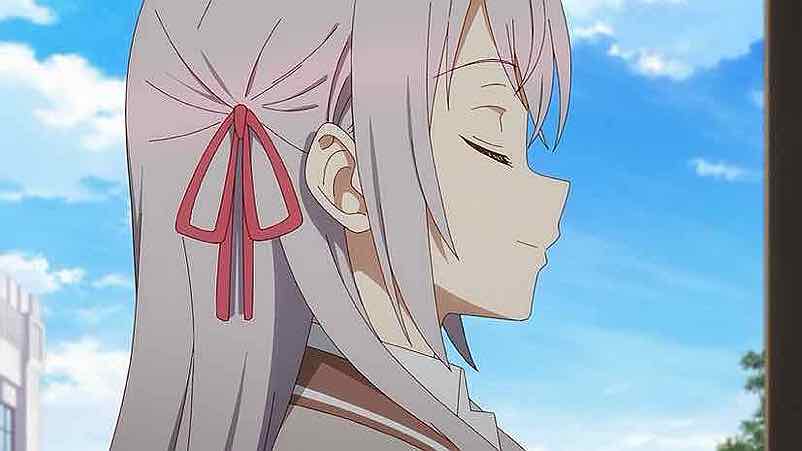
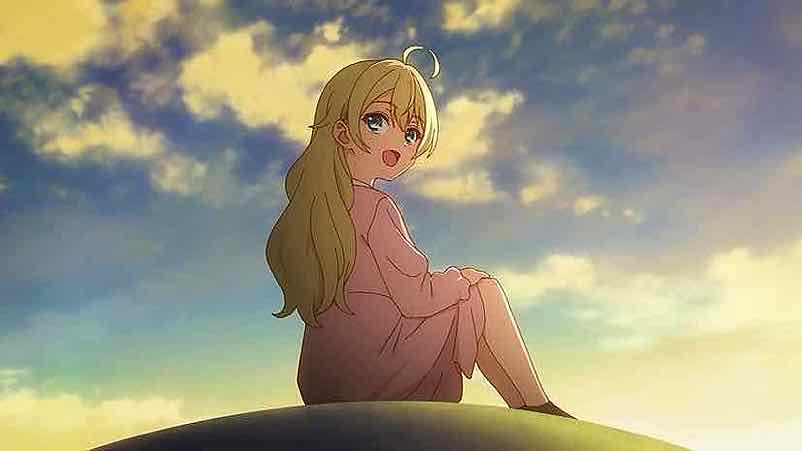
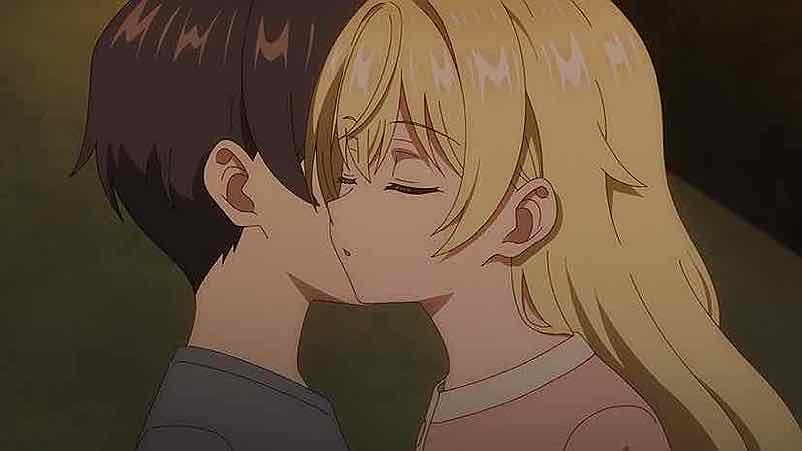
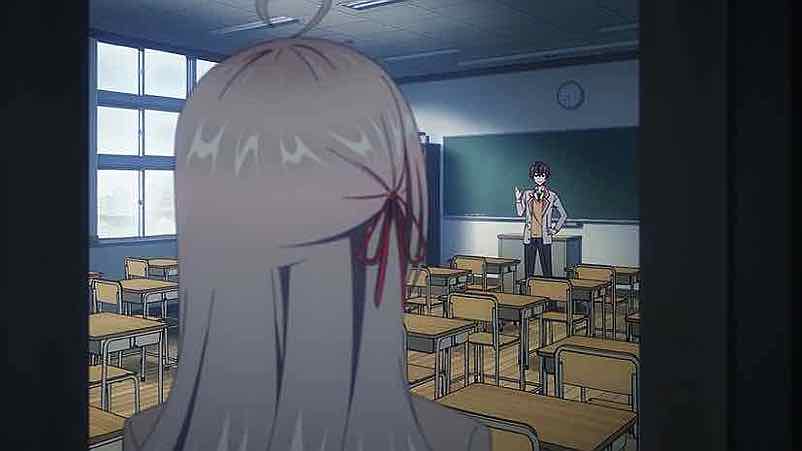
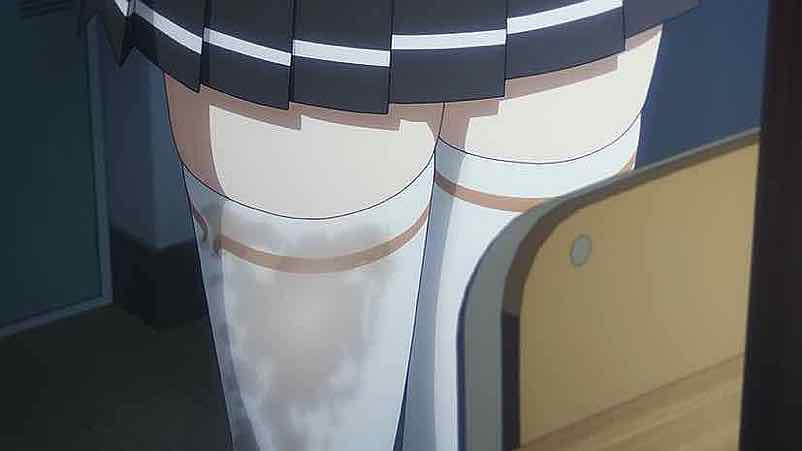
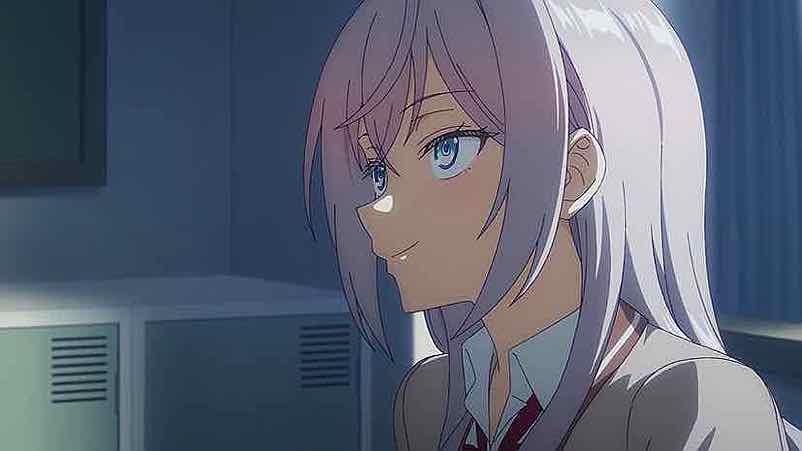
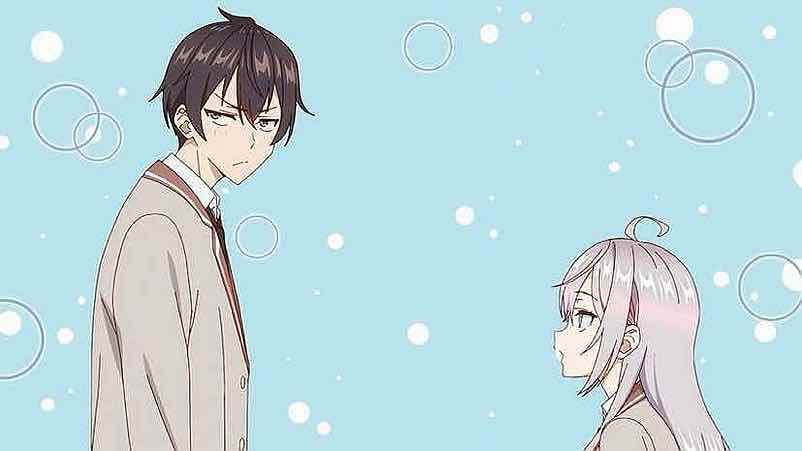
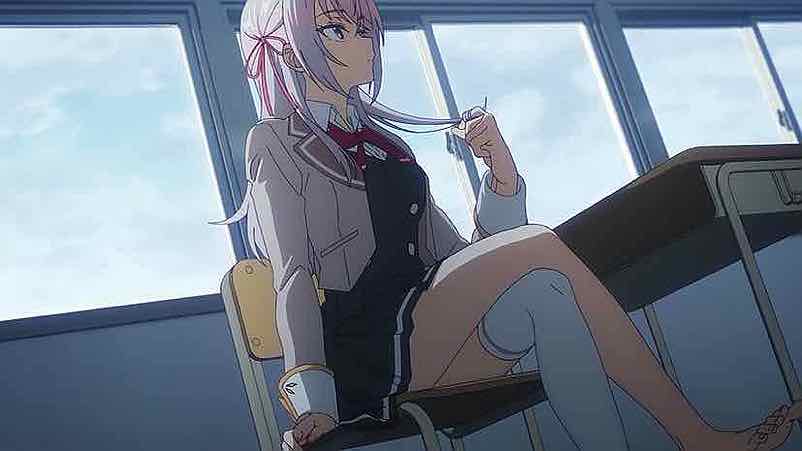
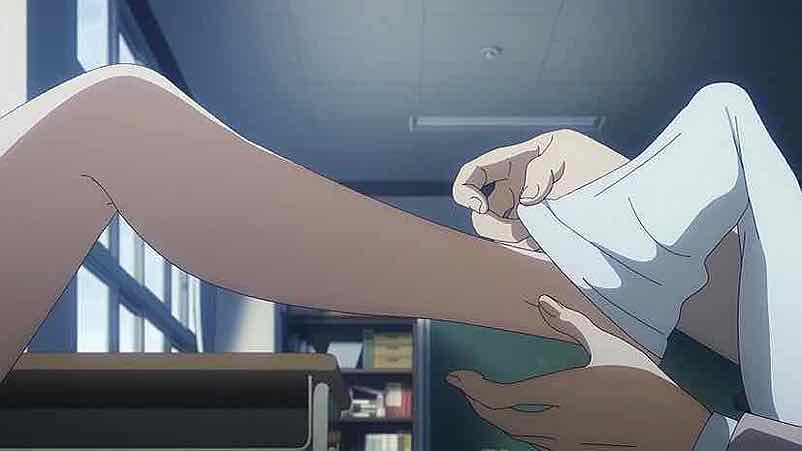
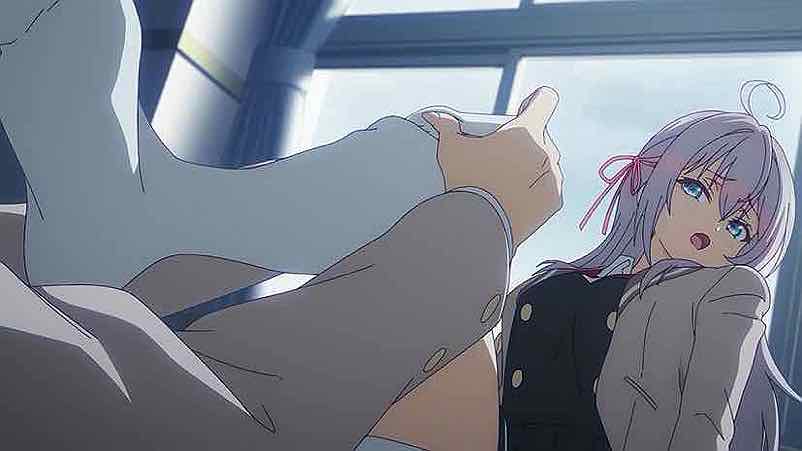
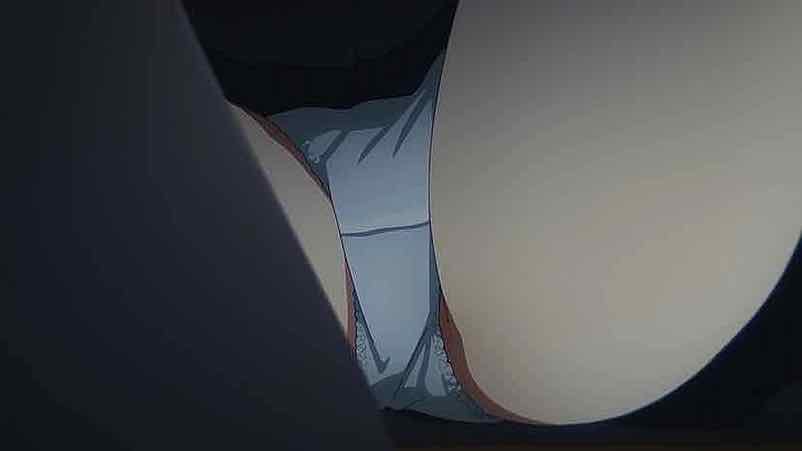
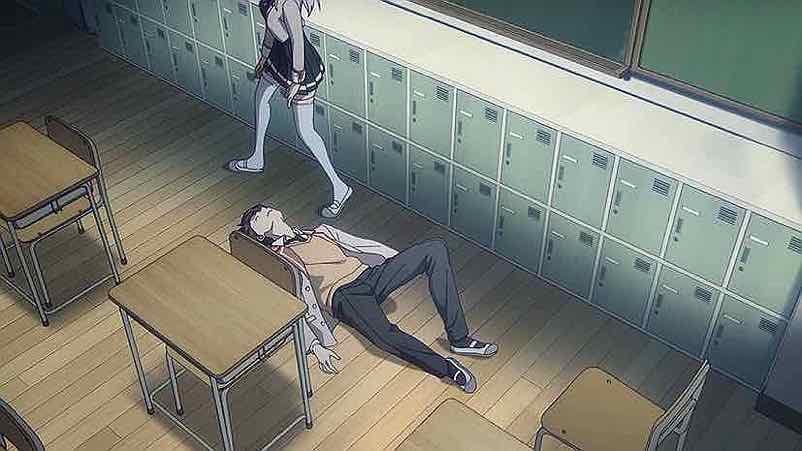
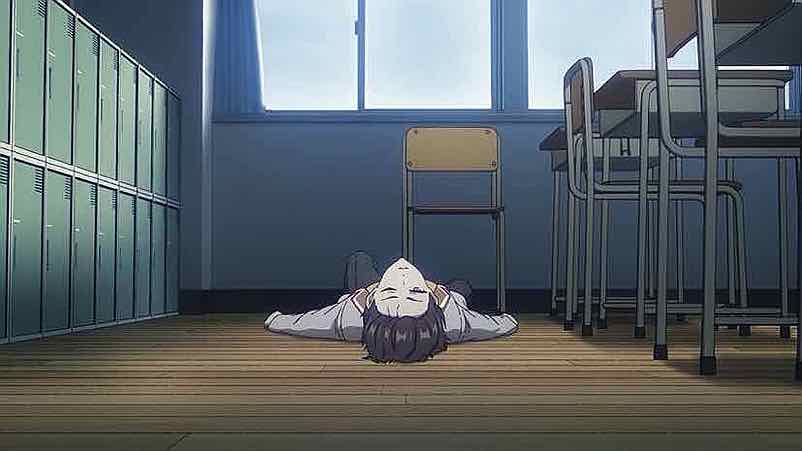
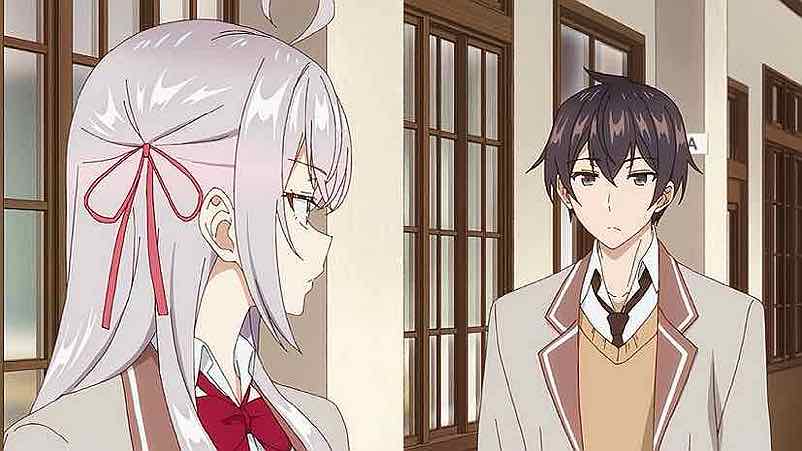
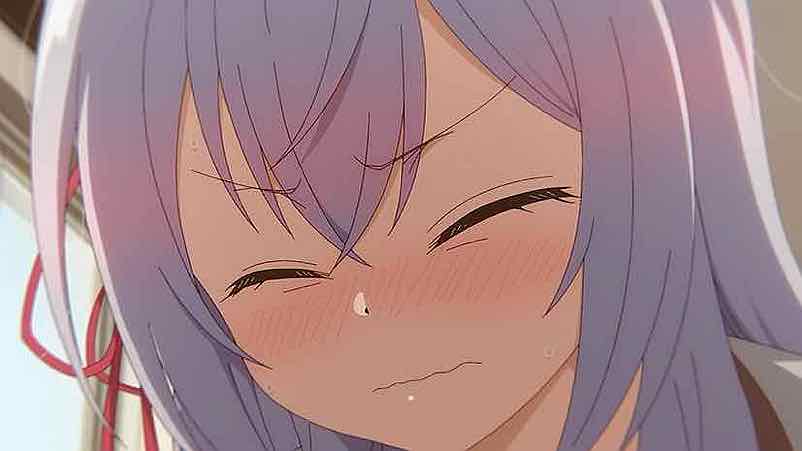
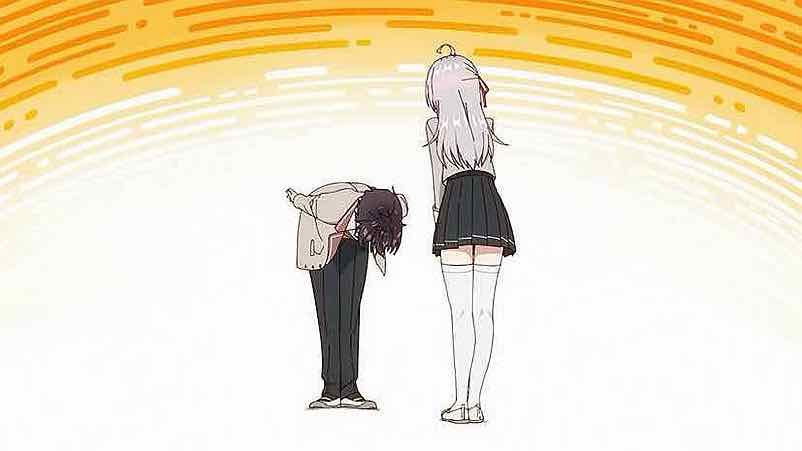
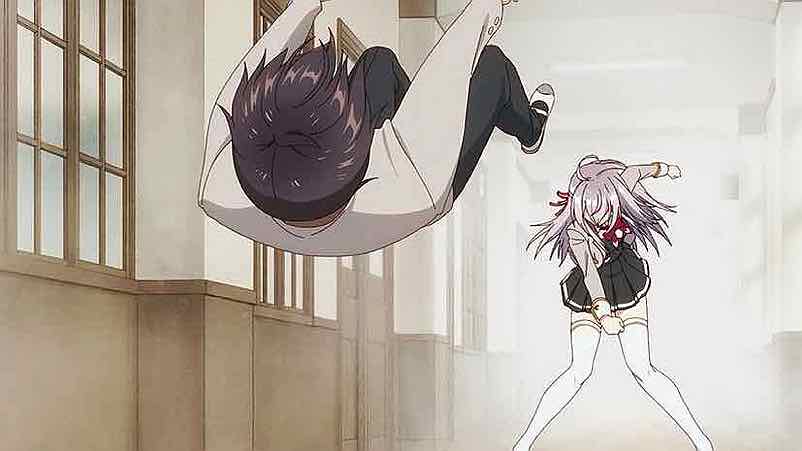

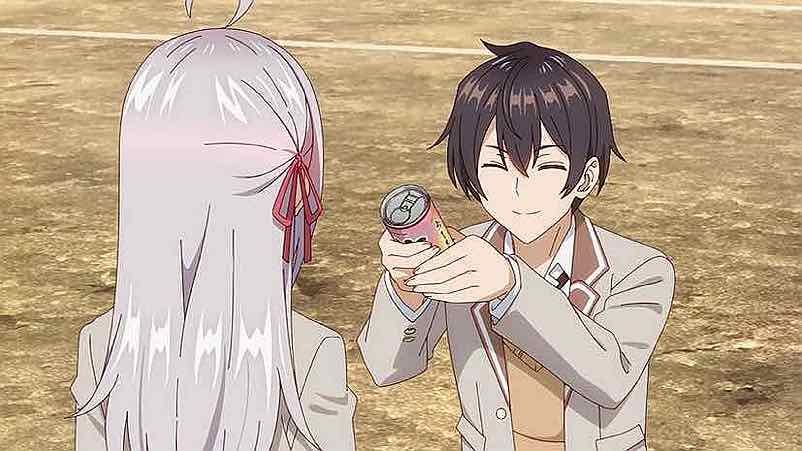
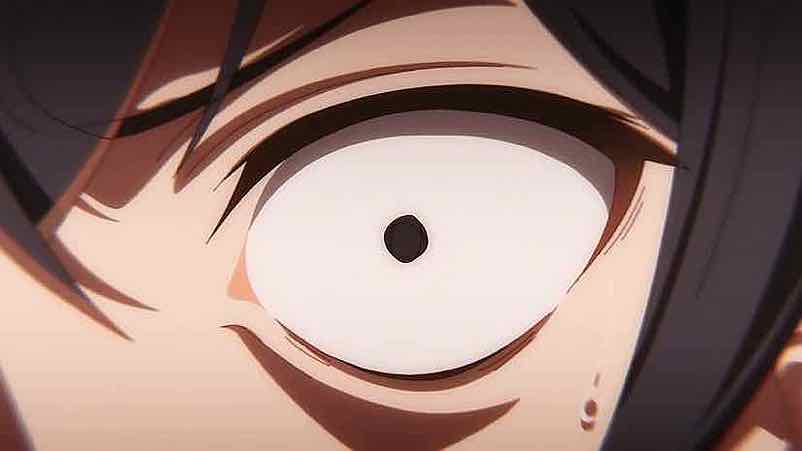


ruicarlov
July 5, 2024 at 2:00 amWhile I’m not the biggest fan of classical tsunderes, Alya strikes me as having a good balance between her “tsun” and “dere” sides, as she’s not in denial she likes the guy, while maintaining her facade. And it’s also a good sign that even if she’s prone to outbursts when surprised, like that kick, she’s fully aware it was wrong of her to do so, and apologizes for her actions.
Guardian Enzo
July 5, 2024 at 6:23 amYeah, the apologies were a good sign.
Nadavu
July 5, 2024 at 5:34 amI’m gonna give this a try just to see how they handle their Russian. The only show I can remember that had extended dialogues in Russian is Durarara, and it was so bad it was hilarious (and completely incomprehensible).
Nellie
July 5, 2024 at 5:17 pmWell, Uesaka Sumire majored in Russian in university…
That’s probably why they cast her, actually.
Guardian Enzo
July 5, 2024 at 5:19 pmGood info, thanks!
Panino Manino
July 6, 2024 at 1:48 amI don’t know russian, but it felt very “unnatural”.
Nadavu
July 6, 2024 at 3:30 amThe verdict is in!
So overall I’d say the Russian was decent, in that you could actually understand what she was saying most of the time (a second listen was required on several occasions). Pronunciation-wise it was a hit and miss, and most sentences were puzzlingly formed, but at least on one occasion a very apt expression was used (when Masachika was told to go die).
No diss to Sumire; her Russian is probably better than my Japanese, and this is the best Russian I have heard to date in anime.
Raikou
July 5, 2024 at 4:28 pmNever expected you covered LN romcom anime, Enzo.
Felt like a while.
Guardian Enzo
July 5, 2024 at 5:19 pmI’ve trialed quite a few, though I don’t recall the last one I ended up covering all of.